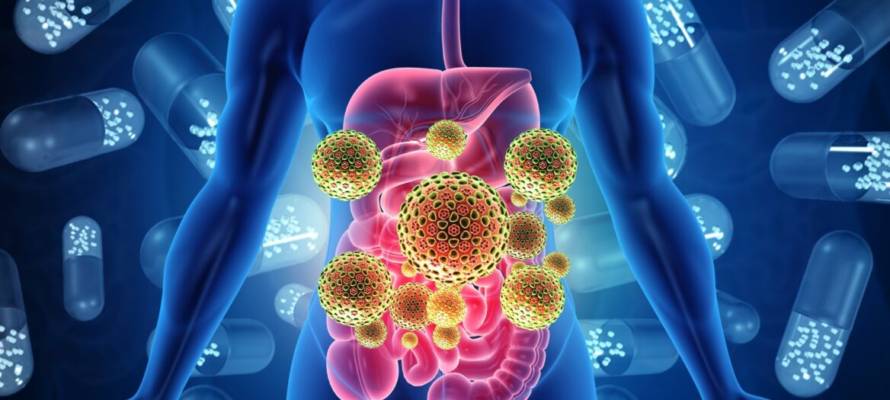Prof. Lucio Fryman: ‘Traditional MRI fails to detect pancreatic tumors because … the scanning is not specific enough to highlight the presence and location of the cancer.’
By Shula Rosen
Pancreatic cancer is one of the most deadly varieties of cancer because it is notoriously difficult to detect.
Often, tests can’t pick up on the presence of a pancreatic tumor until the patient already experiences symptoms, and by that time, the tumor is fully developed.
Scientists at Israel’s Weizmann Institute have developed a new test that causes pancreatic tumors to “light up” during MRI scans and can facilitate early detection.
The test works similarly to those that detect glucose to diagnose diabetes.
Research conducted by German Jewish scientist and Nobel Prize laureate Otto Warburg nearly a century ago demonstrated that cancerous cells consume glucose differently than healthy cells.
Cancerous cells consume larger amounts of glucose, which then ferments into what is known as the Warburg Effect.
The new test will cause cells that show these metabolic properties and the Warburg Effect to illuminate and be detected more readily by MRIs.
The research was conducted using rodent tests in Prof. Lucio Frydman’s lab in Weizmann’s Chemical and Biological Physics Department in collaboration with Prof. Avigdor Scherz of the Plant and Environmental Sciences Department.
“Traditional MRI fails to detect pancreatic tumors because, even when external contrast agents are added, the scanning is not specific enough to highlight the presence and location of the cancer,” says Frydman.
He continued, “Doctors can’t see the tumor until the patient feels its effects. Even when the scan indicates an abnormality, it often cannot be distinguished from an inflammation or a benign cyst. Likewise, PET scans cannot necessarily be trusted because a positive scan does not always mean the patient has cancer, and a negative PET scan does not always mean the patient is cancer-free.”
Frydman explained, “Otto Warburg discovered that cancer cells do not eat glucose ‘all the way.’ Instead, glucose digestion stops at an intermediate point to produce lactate, a molecule that is believed to play an important role in cancer cell division and proliferation.”
